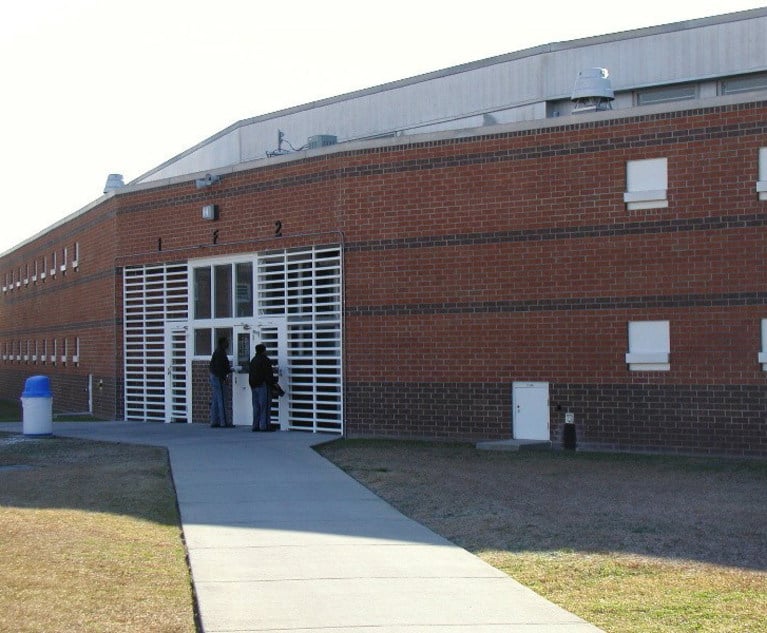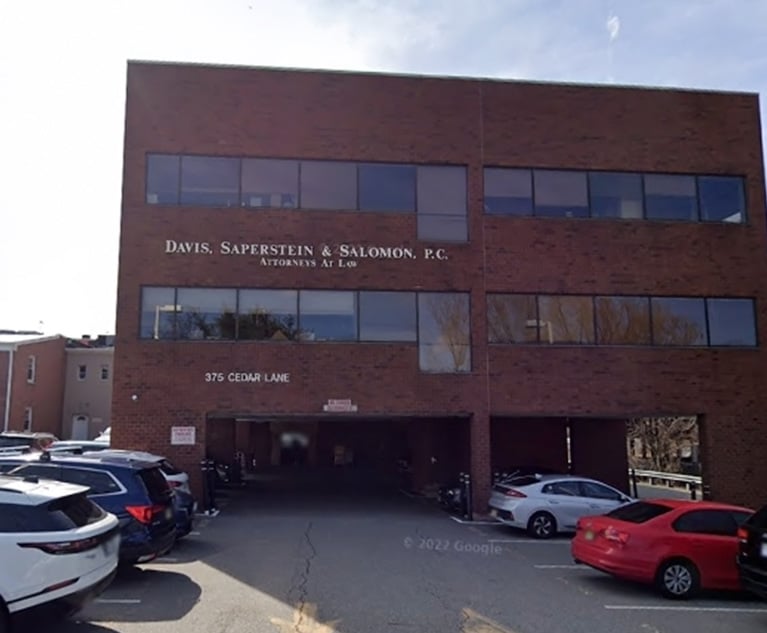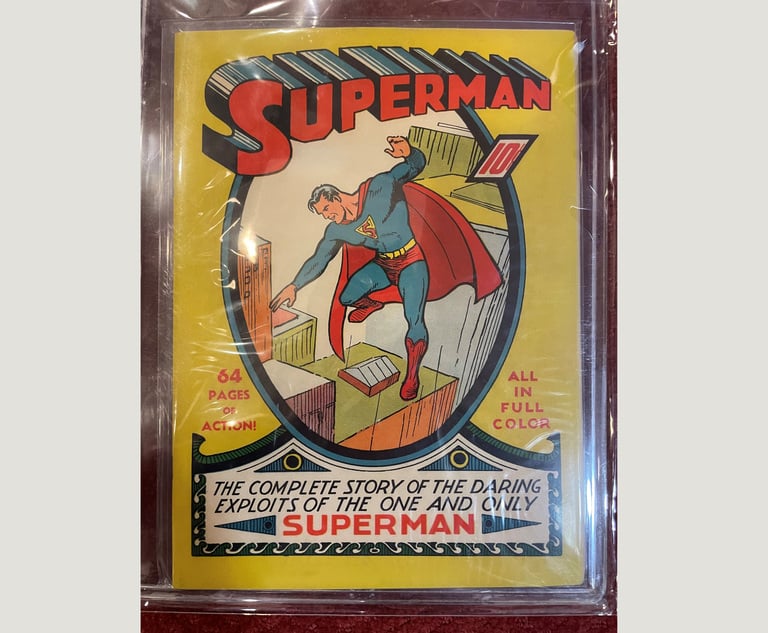A myriad of variables are shaping the legal and trial landscape as we know it. Some of these issues are case law related and evolve over time, while other issues and influences on the way cases are litigated or settled are external forces and fluid in nature. Social media, inflation, and jurors’ perception(s) of our legal system and the concept of what equates to justice, especially in the post-COVID world, are among those external forces. Their effect on our justice system has been discussed and debated for several years at this point. What remains after these external influences are filtered out is an uncertain legal landscape (an understatement) to be sure. We have seen a proliferation of “nuclear verdicts” and “nuclear settlements” (less used term) in the most recent of times, while still seeing defense verdicts in cases as well. One thing is for sure— the trial paradigm and the manner in which attorneys and their clients have planned and prognosticated jury trial outcomes, on both sides of the aisle, has been altered significantly. So, too, must the manner in which some of these cases are mediated, and the thought process behind those who mediate, and those who participate. This article explores the proposition that early mediation is an under-used vehicle that, if utilized more, and earlier in the litigation process, could help stabilize a volatile litigation environment, which would be a positive for both plaintiffs and defendants alike.
Still being an active trial attorney while mediating cases has given me a unique perspective into the rationale parties are now using to value cases. I have also come to terms, as many in their own litigation practices have, with the fact that there are cases that will need to be tried in front of a jury for a variety of reasons such as: (1) the plaintiff(s) and the defendant(s) are too far apart, value-wise; (2) the plaintiff(s) and defendant(s) and their representative(s) want their day in court; and (3) the parties really have not discussed the prospect of settlement in any meaningful fashion. There are various other reasons as well, and none of those reasons are wrong. For the purposes of this article, we will focus on reason (3), above. The importance of a mediation cannot be underestimated where both parties are engaged, exchanging information and exchanging data, even if the case does not settle at the first mediation. Equally as important is the concept of at least initially having conversations about each parties’ valuation of a case and the manner in which each side came to its respective conclusions on what the case is worth (or a range of what the case is worth). Many times, one or both sides of the case will not explore the concept of mediation until right before trial, after significant time and resources have been expended on both sides. Again, this may be inevitable, having been there like many of you have as well.






